With a factual slate of mostly feature-length documentaries, HBO aims to deliver something viewers won’t see anywhere else, its senior vice-president of documentary programming tells Maria Esposito.
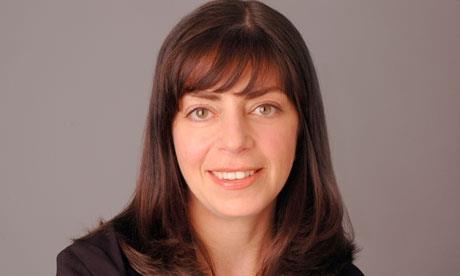
HBO may be best known for dramas such as The Wire, The Sopranos and Sex & the City but Time Warner’s premium pay-TV network is also a seasoned champion of factual programming.
In the past year alone, HBO has aired If God Is Willing And Da Creek Don’t Rise, Spike Lee’s 2 x 120-minute film about New Orleans four years on from Hurricane Katrina; Wartorn 1861-2010, a documentary about post-traumatic stress disorder in the military, executive produced by Sopranos star James Gandolfini; and Gasland, an investigation into the dangers of drilling for gas in rural America, which won the special jury prize at the Sundance Film Festival.
With such diverse subject matter, these films may seem unconnected, but they all bear the distinctive HBO hallmark. “The thread in our films is the beating heart element of human emotion,” says Nancy Abraham, HBO’s senior vice-president of documentary programming.
“We look for something that’s a compelling story and we can get press attention for, but will also be a subject worth discussing. The film has to stand on its own merit.”
Experience has shown Abraham that these stories cannot fit easily into standard primetime slots. “We do a lot of vérité-style stories following a character or related characters in one place or in an institution,” says Abraham. “These stories take longer to tell.”
As a result, HBO, which was launched in 1972 and currently boasts around 41 million US subscribers, tends to favour running times more commonly seen at the cinema. “We’re currently mainly doing feature-length documentaries,” says Abraham. “It’s rare for us to do a one-hour.”
Given the lengthy lead-time needed to shoot a typical HBO documentary, Abraham is already putting together her schedule for 2012.
“Documentaries can take a long time to film so we tend to commission quite far in advance,” she says, stressing just how unique HBO is in the US broadcast market. “Not many networks have the luxury to commission something that will take between 18 months and five years to film.”
The protracted production phase and feature-length formats are not the only things that set HBO documentaries apart from other factual programming on US television. Despite the huge popularity of reality shows such as MTV’s Jersey Shore and 16 & Pregnant, HBO will not be trying its hand at docusoap any time soon.
“We don’t do series or formatted documentaries,” says Abraham. “We tend to stay away from reality TV. There is so much reality elsewhere and not many places in the US showing the kinds of films we do. Part of our brand is to offer viewers something they won’t get anywhere else.”
Seeking content
With these parameters in mind, Abraham is constantly on the lookout for new films. “We show about 40 films a year, which averages about three a month,” she says.
While a third of these will typically be straight acquisitions, the rest come from a variety of sources. “We have a repertory of top documentary-makers that we add to all the time,” says Abraham, citing Jon Alpert and Ellen Goosenberg Kent, the directors behind Wartorn: 1861-2010, who had previously made the Emmy-nominated Alive Day Memories: Home From Iraq for HBO, also with Gandolfini on board.
“If we commission a first-time film-maker, as we did with Gasland director Josh Fox, then we talk to them about what they are doing next,” she says.
While festivals are another regular hunting ground for new films, Abraham is happy to receive submissions in the mail. “People send partially formed films at the rough cut stage,” she says. “We have an open-door policy, which is pretty rare, because we had experiences of finding things that we wouldn’t have found if we had a formal commissioning process.”
Should documentary-makers get the green light from Abraham, they can expect to see their films play across a number of slots and platforms.
“We premiere on HBO1, the main channel, and then we have a regular slot at 8pm Wednesday on HBO2, so we look for films that can take repeated showings,” says Abraham. “HBO on-demand has been a great boon for us. A lot of people watch our films that way.”
Abraham is convinced that the on-demand function, in tandem with an online presence, gives her documentaries an extra hook. “We put a lot of extra content out there and reach out to get people interested,” she says. “It extends a film’s story telling and people’s emotional engagement.”


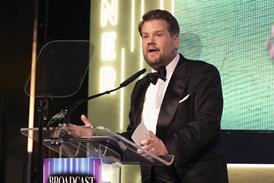




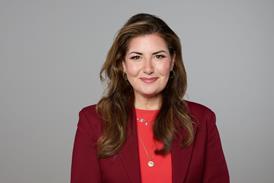

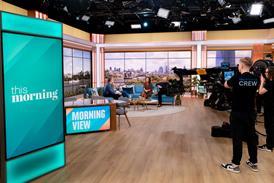
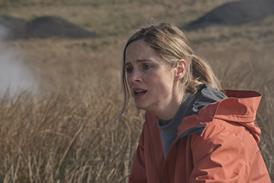









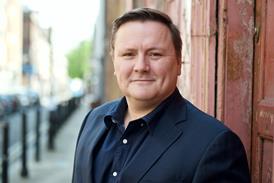
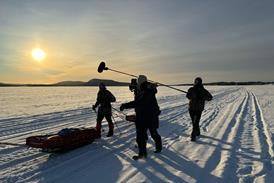
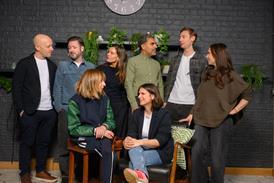



No comments yet